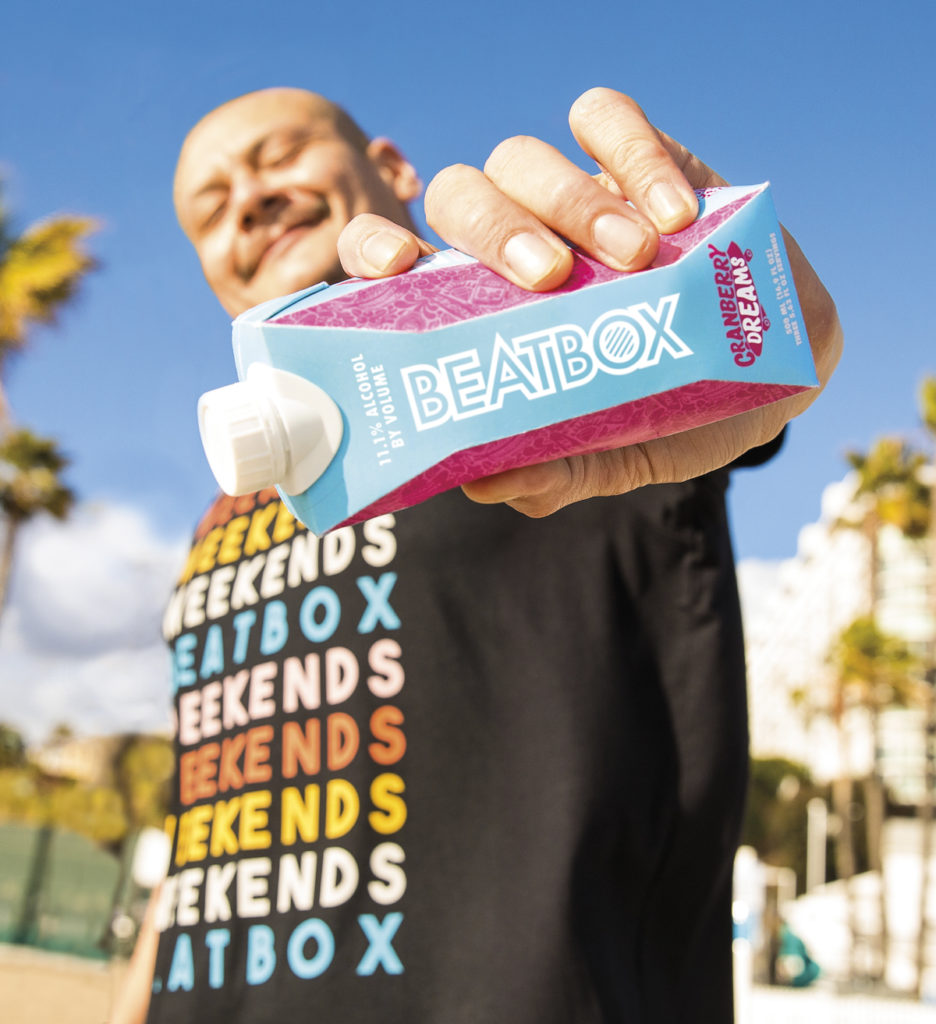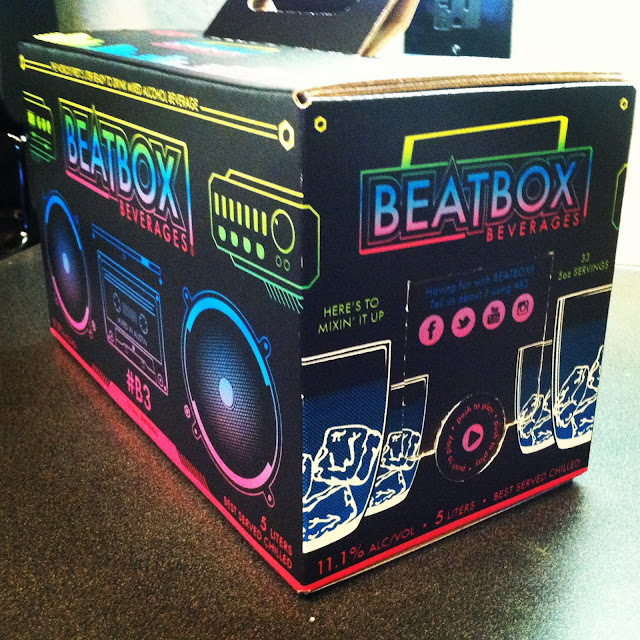


Mark Cuban then addressed them saying that he understood that they weren’t selling wine, but rather that they were selling fun. Justin then said that he felt that they had already eliminated a lot of the risk associated with a new consumer products company and that they needed someone to help scale their business.īarbara Corcoran offered them $400k for a 20% stake and Kevin O’Leary halved Barbara’s offer, offering them only $200K for the same 20% stake. He went on to tell them that they needed to take advantage of events and places where there were thousands of people. Mark Cuban commented that doing that in the store seemed really good but was also hard to leverage and that because they worked one store at a time, their leverage points weren’t all that great and that in his mind, the strategy was wrong. Sharks Mark Cuban and Barbara Corcoran thought that seemed expensive. Jason told him that it was for opening new stores and supporting them with new tastings that were on average a $100 per tasting. To that, Robert Herjavec asked him what they needed the money for. Jason answered that their strategy was to identify new stores where they knew their boxed wine would sell well and support each store with at least six tastings.

Robert Herjavec then asked him how they expected to go from $235,000 to $5,000,000. Jason told him that they had self-funded their company for $55k and had taken on $100k in family and friends debt.

Robert Herjavec asked them how much money they had raised when they started. He answered him that their sales amounted to $235k in 14 months and that an additional $120k was due to come in that very quarter. Robert Herjavec asked Justin what their sales were. Which was why they found a co-packer in Dallas that then went on to make the wine for them. Justin Fenchel told him that the company was self-distributed and that they became a winery in their own right but that it had gotten to the point where they were spending too much time at their facility making and distributing the wine, and that they didn’t have time to market it. Kevin O’Leary asked them to explain more about their business, where the wine was manufactured, what their margins were and who among them was actually handling the distribution. They also stated that each serving contained only 121 calories and only 7 grams of sugar, making it a low-cal option. Mark Cuban asked how much alcohol the beverages contained and Justin Fenchel informed him that they contained 11.1% alcohol. Lori Greiner said that she loved the blue Razzberry lemonade flavor which reminded her of blue raspberry snow cones. Kevin O’Leary went on to say that he didn’t like the flavor but the other sharks disagreed with him. They mentioned that every box contains almost seven bottles of wine which made it enough to share with everyone and that it was all packaged in a cardboard box shaped like a BeatBox, to give the experience a fun, party atmosphere.Īfter passing out samples of the four BeatBox wine flavors, Barbara Corcoran asked what ‘Orange Wine’ was and CEO Justin Fenchel informed her that Orange Wine is a unique, clear wine that resembled a white spirit. They used a unique orange wine that was more like a spirit than a wine and allowed them to create mixed drinks that their customers absolutely loved. They explained that the BeatBox beverages boxed wine was not just a wine, but also an experience. They explained how traditional wine and boxed wine can be boring and showcased their fun brand attitude, explaining that they wanted to change the boxed wine market forever.īeatBox Beverages team Brad, Aimy, and Justin with their products Members Justin Fenchel (CEO), Aimy Steadman (COO) and Brad Schultz (CXO) went on the show during its sixth season seeking $200k for a 10% stake of their company.


 0 kommentar(er)
0 kommentar(er)
